QuestionI would like to know if there is anything that I could give to my female cocker spaniel that would eliminate her from burning or yellowing the grass on my lawn? Ive tried the following products: NaturVet GrassSaver, and 21st Century Lawn Saver. they are both suppose to work. I've tried both products for approx. 20 months total. I'm at the point of total frustration. Even if I soak the area with water after she urinates, it still yellows! Then nothing grows back. So I have to reseed. Please help!
AnswerHi Edward,
The burn results from excess nitrogen. Ironically, well-tended lawns often suffer more than neglected lawns. Soil-nitrogen levels are relatively high on lawns that have received fertilizer, so it takes less urine to elevate concentrations to levels that produce burn.
Grab a handful and give it a steady pull. If the grass is firmly rooted, then it points to lawn burn. If the whole bunch of grass pulls up, roots and all, then you may be dealing with a grub problem.
Read the following article:
http://aggie-horticulture.tamu.edu/extension/newsletters/hortupdate/jun02/art2ju...
You can also try:
Replant with a more urine-resistant grass. The most urine-resistant grasses tend to be Perennial Rye grasses and Fescues. The worst urine-resistant grasses tend to be Kentucky Bluegrass and Bermuda.
Train your dog to urinate in certain areas. If you have the time and location of your yard to designate as a "urinating spot", you can simply use an alterative ground covering on that spot such as a mulch. To help your dog utilize this spot, you can try moving her feces and/or poor her urine over the spot until she learn to associate the smell with the spot.
Dogs fed a high protein diet are more likely to produce a urine that causes lawn burn. You can try feeding your dog a different dog food, one with less protein. The average family dog doesn't have the activity level that requires as high a protein level as most commercial maintenance dog foods provide. Although, dog food purchasing often reflects consumer perception that high protein equals better food, in fact moderate to low protein foods are often adequate for all but the most energetic, working and hunting dogs.
If you decide to switch dog foods, do so slowly over a period of about a week. Changing a dog's diet too quickly can cause diarrhea.
In many cases, if a dog food is currently providing good, overall nutritional support for the pet, diluting the urine by simply adding water to the food may be the easiest place to start.
I hope I've been a help. Best of luck,
Patti

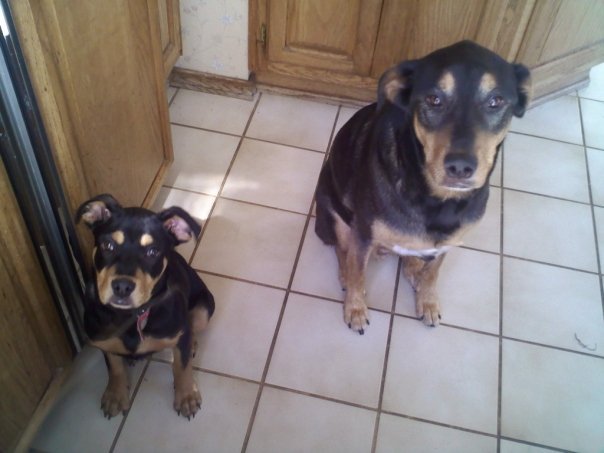 Dominant dog issues
Question
my 2 dogs
I have a 6 year old rottie/shepard m
Dominant dog issues
Question
my 2 dogs
I have a 6 year old rottie/shepard m
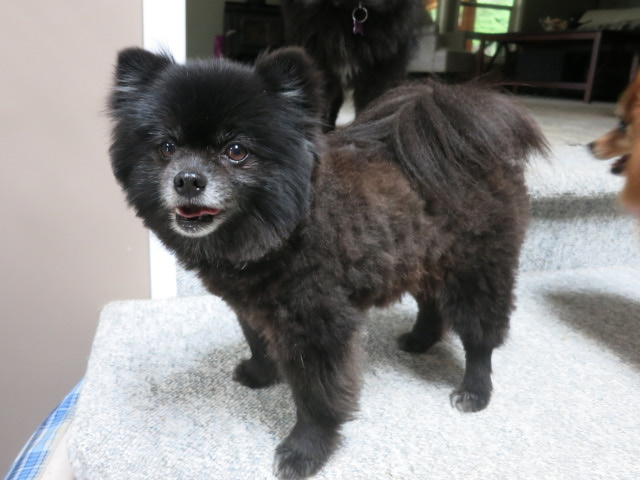 Will my Pomeranian loose his hair
Question
My Pomeranian`s hair c
I have a 5 year
Will my Pomeranian loose his hair
Question
My Pomeranian`s hair c
I have a 5 year
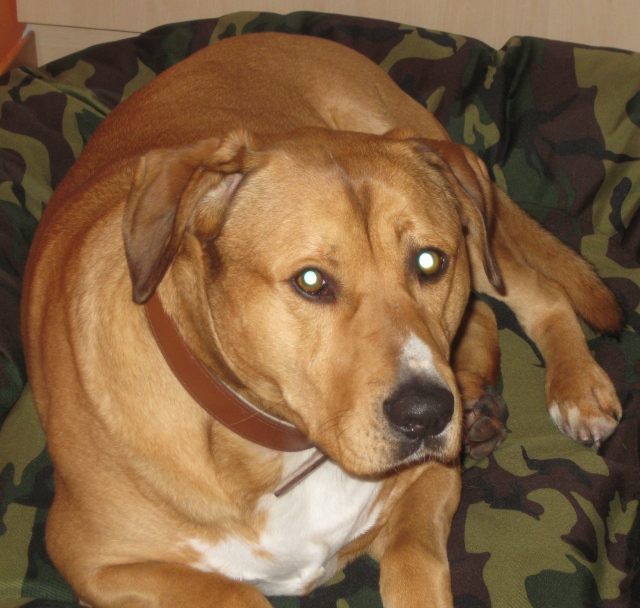 Strange dog behaviour ; organic brain syndrome in canine;
Question
Alfie
All of a sudden my 4 year old dog does n
Strange dog behaviour ; organic brain syndrome in canine;
Question
Alfie
All of a sudden my 4 year old dog does n
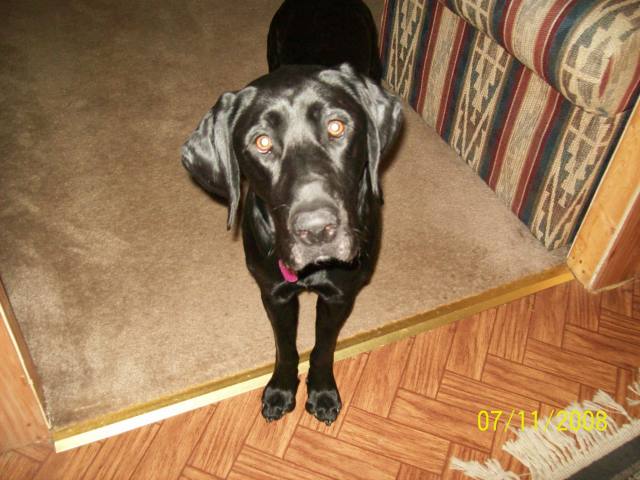 My 2 yr old blacks eating habits.
Question
Pic of Tula
I have a 2yr old black lab. Her an
My 2 yr old blacks eating habits.
Question
Pic of Tula
I have a 2yr old black lab. Her an
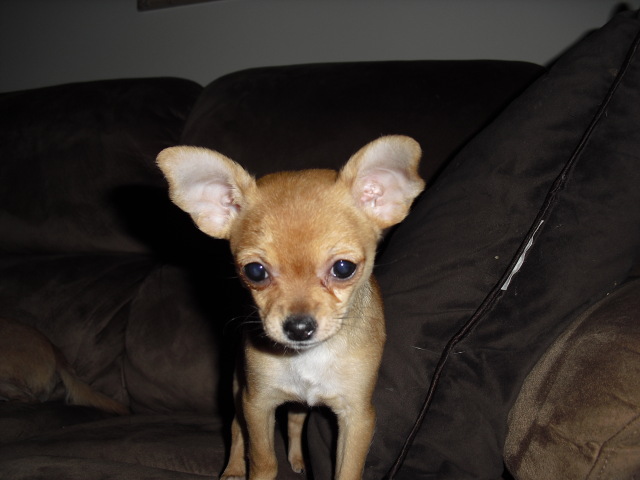 puppy chihuahua biting owner
Question
Cassey
Hello. I have a 6 month old femal
puppy chihuahua biting owner
Question
Cassey
Hello. I have a 6 month old femal